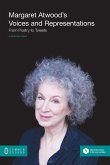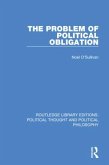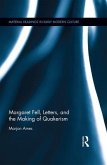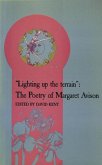Suggesting that politics and power are at the center of Margaret Atwood's fiction, Theodore F. Sheckels examines Atwood's novels from The Edible Woman to The Year of the Flood. Whether her treatment is explicit as in Bodily Harm and The Handmaid's Tale or by means of an exploration of interiority as in Cat's Eye and The Robber Bride, Atwood's persistent concern is with how the empowered act towards those who are constrained within the political, economic and social institutions that facilitate power dynamics. Sheckels identifies an increasing sophistication in Atwood's exposition of power over time that is revealed in the later novels' engagement with social class, postcolonialism, and a globalism that merges science and commerce as issues relevant to politics and power. Acknowledging that Atwood is not a political theorist but a novelist, Sheckels does not suggest that her work should be viewed as political commentary but rather as a creative treatment of the laudable but ultimately only partially successful ways in which women and other groups resist the constraints placed on them by institutionalized oppression.
Hinweis: Dieser Artikel kann nur an eine deutsche Lieferadresse ausgeliefert werden.
Hinweis: Dieser Artikel kann nur an eine deutsche Lieferadresse ausgeliefert werden.








